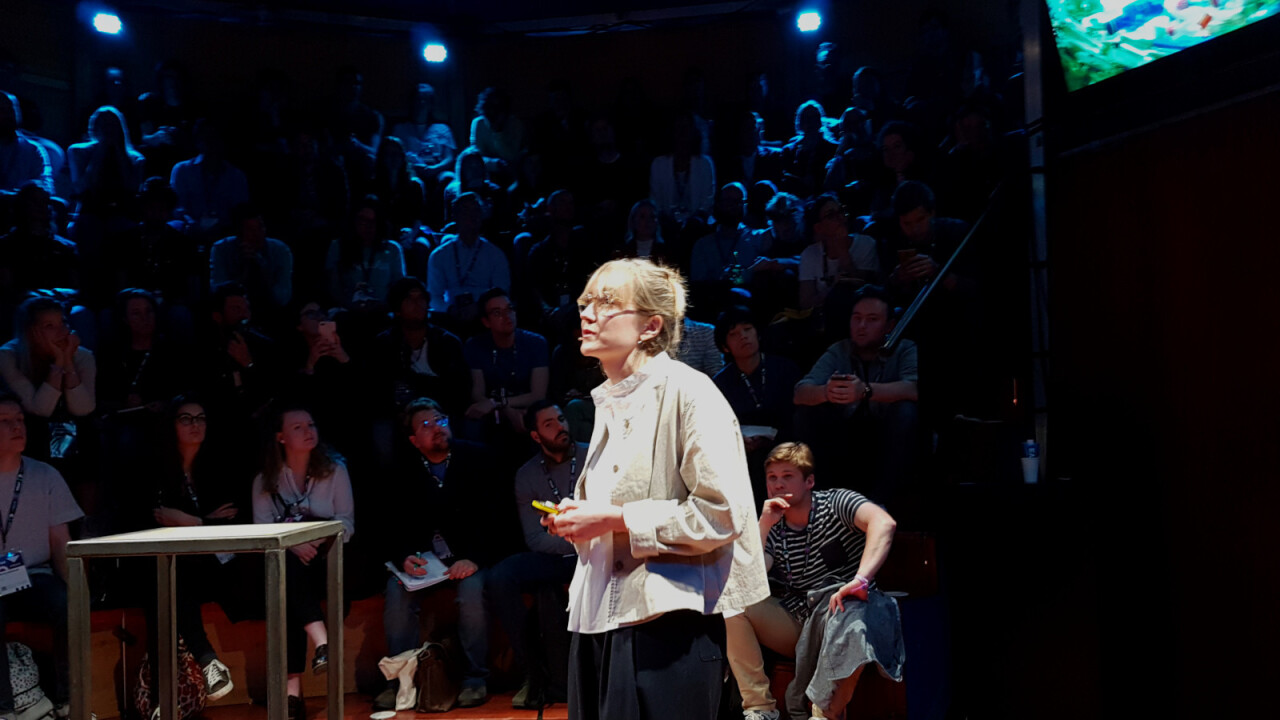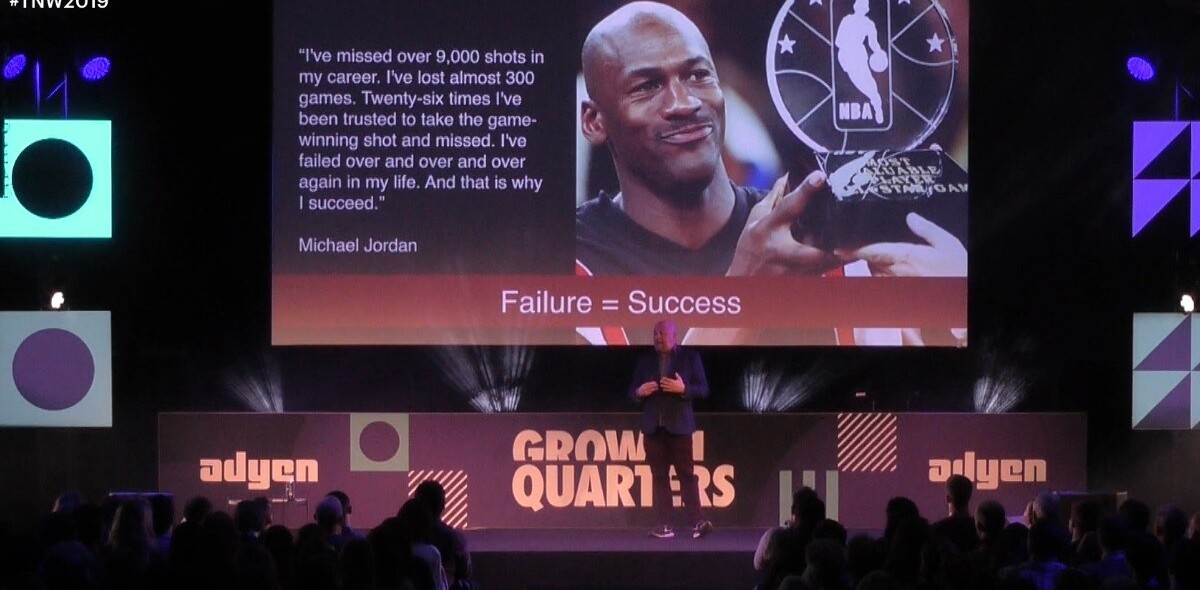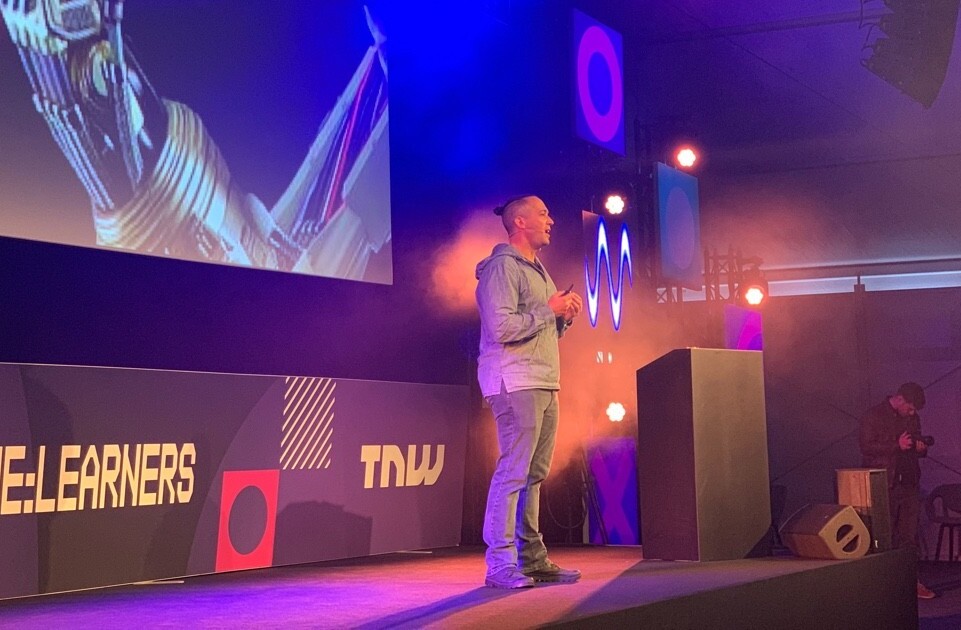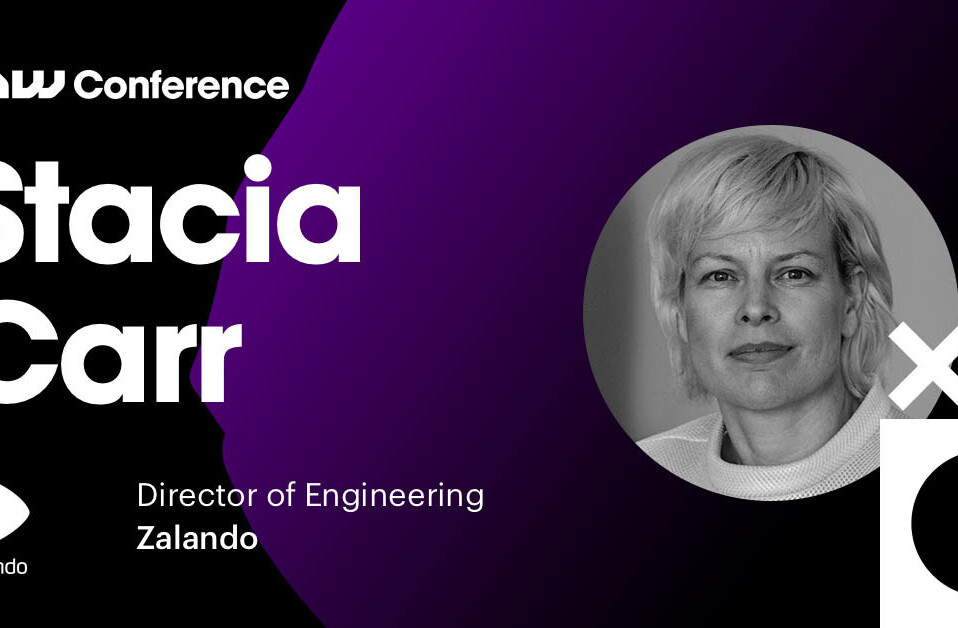
Laure Cucuron, Managing Director of specialist recycling firm TerraCycle, took to one of the coziest stages on the first day of TNW2019 – the Future Generations track – to tell listeners how companies are thinking about recycling in all the wrong ways. Recycling should begin not when packaging is disposed of, but when the packaging is designed.
Single-use plastics have become an increasing concern in recent years. Using something made of plastic once is nothing but wasteful nowadays. However, back in the 1960s, single-use plastics were marketed for their convenience – the fact they could be thrown away and forgotten about was once a good thing. It’s obviously not the case today.
According to Cucuron, by 2050 there will be more plastic in our oceans than fish. She says things need to change if we’re going to protect our environment from becoming overrun with generations of plastic waste.
Part of TerraCycle’s business is to help people recycle more. There are lots of types of packaging that can be recycled, but it’s simply not economically viable for most governments and municipalities… so they don’t bother. TerraCycle provides infrastructure to help communities recycle more of these items, making it easier to recycle things like batteries, aerosols, and plastic reinforced coffee cops.
As Cucuron points out, recycling alone won’t fix our waste problem. She thinks we already know where to find the answer, though – milkmen.
History repeats itself
At some point in the last 25 years, people stopped buying milk from the milkman in reusable glass bottles, and began buying milk in recyclable plastic bottles from supermarkets. It’s all well and good if everything gets recycled; sadly, that’s not always the case.
But the reusable glass bottles and food-by-subscription model should have stuck around, Cucuron said.
Ultimately the dairies own the glass bottles, and if you didn’t leave them out for collection and refill you wouldn’t get next week’s order. Customers were incentivized to reuse the packaging.
TerraCycle’s latest venture, called Loop, tries to emulate the milkmen of old. Loop is essentially a food and drink delivery and return service. When you order food through loop, it’s delivered to you in reusable packaging which you return to the manufacturer when you’re done.
But it doesn’t stop there, Loop is also working with a number of food producers to develop sustainable food packaging, one of which is ice cream maker Haagen Dazs. Along with Loop, the firm is putting its ice cream in insulated metal tubs which can be cleaned and reused.
On a per unit basis, the metal tubs are more expensive than the current plasticized paper tubs, but over their lifespan they end up being much cheaper. There’s obviously much less waste too.
Indeed, it’s certainly an ambitious idea, and one I think most people morally will get on board with. But this is not a simple fix. It requires manufacturers to buy into the long-term economic value of reusable packaging, and for consumers to adjust their buying and recycling habits.
It won’t happen overnight, but if people and companies do embrace the change, it will hopefully make a difference.
There’s plenty more where that came from. Check out the official schedule to discover the keynotes you don’t want to miss, and watch them on our live streams.
Get the TNW newsletter
Get the most important tech news in your inbox each week.




